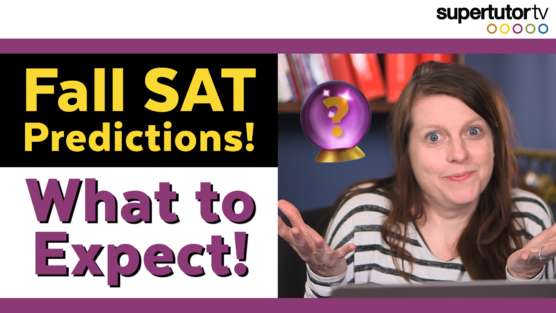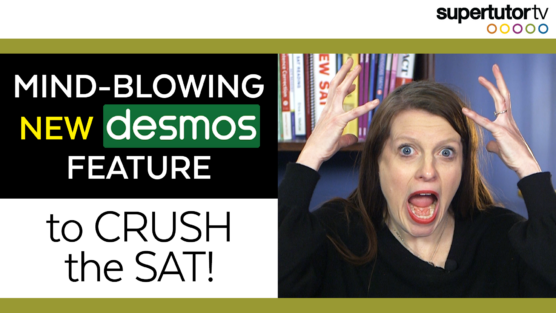Are you taking the SAT® soon and wondering how you can totally crush the Reading portion of the exam? In this blog, we’re going to go through the steps that it takes to get a perfect score on the SAT® Reading portion.
Tip 1 – Start Early
To build your reading skills takes time. Reading is not the fastest skill to improve in the world, it’s one of the most collective skills that we have as it builds on itself over time. This doesn’t mean you begin by studying for the SAT®. Start by building the skills to be an effective reader by laying the foundation and read regularly.
Tip 2 – Practice Reading
Depending how far you are from your test date, the more scholarly reading the better. If you are younger and/or are in middle school, the best thing you could do is familiarize yourself with the kinds of text that you’re going to see on the exam. The literature found in your English classes can be very useful when trying to sharpen your reading skills whereas regular textbooks aren’t really helpful. Articles (such as those found in The Economist, The New York Times, The Atlantic, etc.) can be great resources that have that level of writing you’re going to be looking at. There are usually two science passages on the SAT® Reading section so bulking up on science magazines (Smithsonian, Science Daily, Wired Magazine, MIT Technology Review, etc.). Aside from the science passages, you’ll find nonfiction work from scientists, thinkers, and, social science researchers. Thirdly, you will encounter historical primary sources. These include texts from people like Thomas Jefferson, Benjamin Franklin, and Charles Darwin. If you’re closer to the exam, definitely begin practicing from the practice SATs found on Khan Academy or the College Board.
Tip 3 – Practice With Real Materials
One of the best things you can do to improve your SAT® score is to use real tests. There’s nothing like a real SAT® because they’re statistically aligned to meet a certain level of difficulty. The College Board has released ten official tests and occasionally students are able to come up with QAS (Question and Answer Service). The goal is you want to be scoring perfectly on at least a couple of practice tests before you go in the day of and if you’re not, then it’s pretty unlikely that you will get a perfect score.
Tip 4 – Hone your approach
Understand that you’re going to have to find tactics to address this test that aren’t necessarily the same tactics you use in the real world. Know that the SAT® is not like the test that your English teacher gives everybody in class. You’ve got to learn how to read the passage well and getting the most out of it so you don’t waste time. Learning how to map your passage is important so that you know where information in the passage is. Another approach is trying to find the perfect answer before you look down at the answer choices. You’ve got to know how to you’re going to approach different types of questions before walking in on test day.
Tip 5 – Learn the Personality of the Test
The SAT® has its own personality and has some weird things about it that are particularly to it and no other test. One weird preference of the SAT® is that cause and effect have to be explicit. For other preferences of the test, check out our other reading videos on our SAT® prep course. It’s really important that you learn this test and how it favors one type of answer over another.
Tip 6 – Pace Yourself
You can know all the content and be super perfect but if you don’t keep moving on the Reading section, you can totally fall behind and mess things up. Always use a watch, don’t be above the watch, and don’t rely on the proctor to notify you about time. When you get stuck on a question or two on the test, you have to keep moving and come back afterwards. The SAT® is paced well enough that usually you can finish with enough time in the end to go back to the hard ones.
Tip 7 – Build Your Vocabulary
If you’re aiming to get a perfect score on the Reading portion, we occasionally see that vocabulary is the last straw that dings a couple of points off on some of our best students. What’s tough is that there are one or two intense vocabulary words per SAT® (not common), so it’s not necessarily the most dire thing you need to do in order to up your score but it is important if you’re trying to be flawless. Some books to help you with vocabulary are:
“Six Weeks To Words of Power” by Wilfred Funk
“30 Days To a More Powerful Vocabulary” by Wilfred Funk
“Verbal Advantage: 10 Steps to a Powerful Vocabulary” by Charles Harrington Ester




